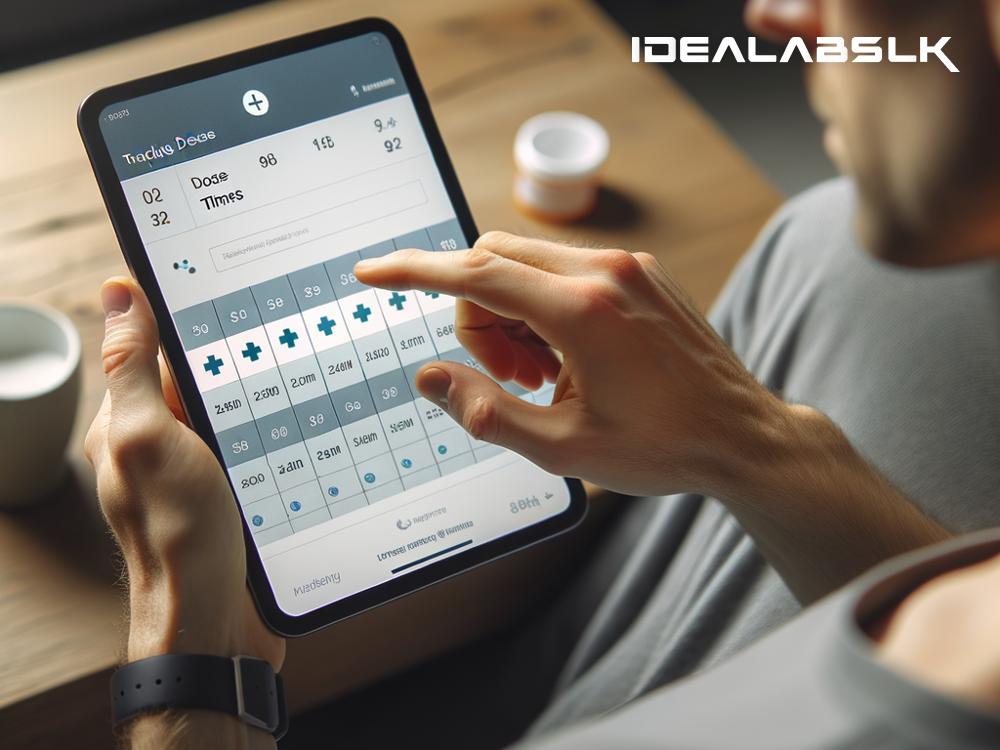How Digital Health Platforms Are Revolutionizing the Way We Stick to Our Meds
In recent years, there's been a quiet revolution that's transforming how people manage their health, especially when it comes to taking medication. The secret weapon? Digital health platforms. These innovative tools are not just helping people remember to take their pills; they're improving overall health outcomes and making the lives of patients and healthcare providers easier and more connected.
First off, let's talk about medication adherence. That's just a fancy term for taking your medications exactly as your doctor prescribed. It sounds simple, but in reality, it's a huge challenge. Many folks forget to take their meds, get confused about their schedules, or stop taking them because they feel better or dislike the side effects. Poor adherence is a big deal—it can lead to worsening health conditions, hospitalizations, and even death, not to mention causing a financial strain on the healthcare system.
Enter digital health platforms. These tech-driven solutions come in various forms—mobile apps, websites, wearables, and smart pillboxes, to name a few. They are designed to tackle medication non-adherence head-on and here's how they're doing it:
1. Reminders & Alerts
Perhaps the most straightforward feature, but oh so powerful, is the humble reminder. Digital platforms can send notifications to patients reminding them to take their meds at the right times. These reminders can come through texts, emails, or app notifications and can significantly reduce forgetfulness.
2. Simplifying Complex Schedules
For people taking multiple medications at different times of the day, keeping track can feel like juggling while blindfolded. Digital health platforms can simplify this by organizing medication schedules in an easy-to-understand manner, offering prompts and checks for each dose.
3. Access to Information
Knowledge is power, and digital health platforms provide plenty of it. They can offer patients detailed info about their medications, including what they're for, how they work, and potential side effects. This can help reduce anxiety about taking medication and improve adherence.
4. Connecting Patients with Healthcare Providers
Some platforms offer features that connect patients directly with their healthcare providers. Through these platforms, patients can ask questions, report side effects, or even share their medication adherence records. This direct line can improve the patient-provider relationship and encourage adherence.
5. Gamification
Who said taking your meds couldn't be fun? Gamification elements, like earning badges or completing challenges, can motivate patients to stick to their medication schedules. It adds an element of competition and achievement to an otherwise mundane task.
6. Health Tracking
Beyond just medication, many digital health platforms offer tools for tracking various health metrics, like blood pressure, glucose levels, or mood. This holistic view of health can motivate patients to adhere to medication as part of a broader wellness strategy.
7. Community Support
Feeling like you're part of a community can be incredibly motivating. Some platforms offer forums or chat groups where patients can share experiences, challenges, and successes. This sense of belonging and support can encourage individuals to stay on track with their medication.
So, what's the big deal? Why does better medication adherence matter? The benefits are vast. On a personal level, patients enjoy better health outcomes and a higher quality of life. For healthcare providers, it means more effective treatments and fewer emergency interventions. And on a broader scale, improving medication adherence can lead to significant cost savings for the entire healthcare system.
Digital health platforms are not a magic bullet. They require willing engagement from patients and support from healthcare providers. However, the potential they offer in improving medication adherence is undeniable. As these platforms continue to evolve and become more integrated into our daily lives, we can expect to see healthier communities where managing medication becomes less of a chore and more a part of a seamless, connected approach to wellness.
In conclusion, as we sail further into the digital age, it's clear that technology will play a pivotal role in shaping healthcare. Digital health platforms, with their diverse and innovative approaches to improving medication adherence, are at the forefront of this transformation. By making it easier for people to manage their medications, we're not just enhancing individual health outcomes; we're taking a crucial step toward a healthier, more connected world.

